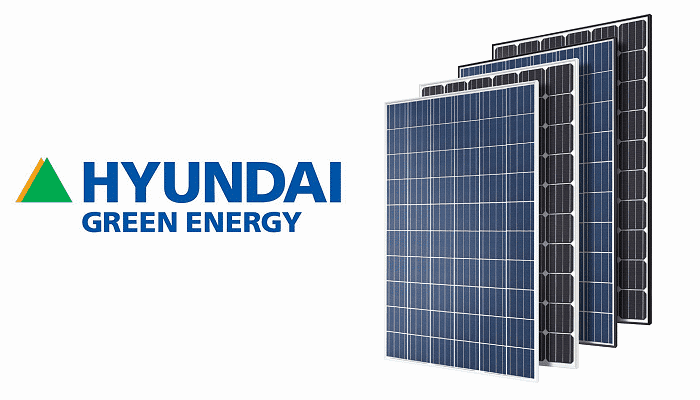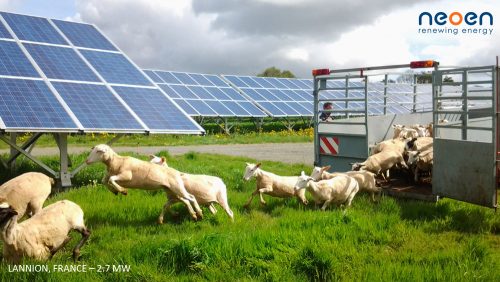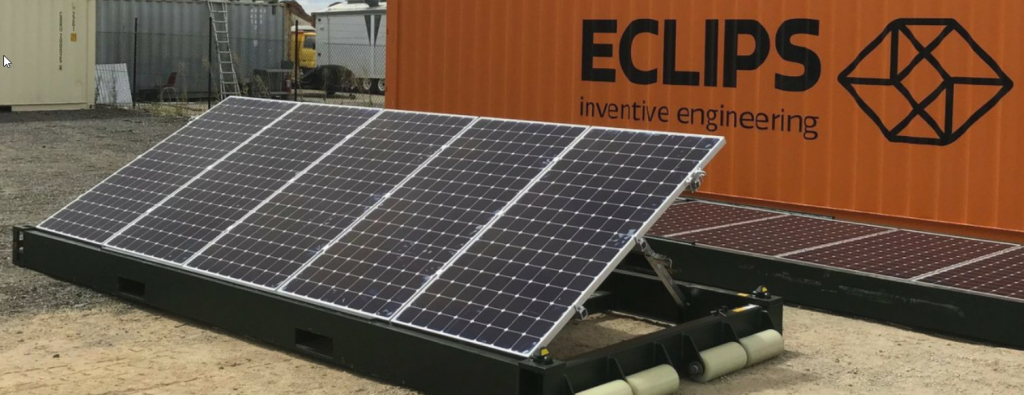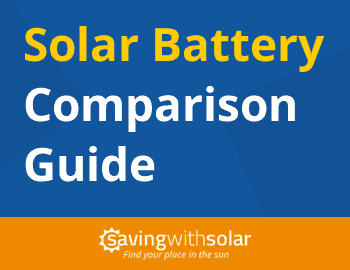Hyundai solar panels will be available in Australia this year after inking a massive deal with a local solar company. The Korean company will look to sell to the commercial and residential sector and will also look to install large-scale solar projects here.
Hyundai Solar Panels in Australia

Hyundai Heavy Industries Green Energy have signed an exclusive deal with Queensland solar distribution company Supply Partners. The deal has been valued at $70 million and will see Hyundai HI return to the Australian market since it exited in 2011.
Larry Kim, the head of global sales for Hyundai Heavy Industries Green Energy, said the company’s sales targets are ambitious – planning to sell 20-30MW of panels this year, and 40-50MW in 2019. According to RenewEconomy, they were only up to 10MW of panels when they exited the market. It’s important to note that the solar landscape has changed considerably in the last 7 years and that 10MW worth of panels certainly doesn’t represent the ostensible failure the numbers provide in 2018 terms.
Kim said the focus of Hyundai will be squarely on the residential and commercial markets.
“Nowadays, the Australian market is growing very fast in all markets, but residential and commercial are more stable,” Kim told RE in an interview.
He also discussed their plans with regards to energy storage and how they’re going to roll it out to Australia – given that we already have such a high solar panel installation rate it would seem logical to enter this market as well.
“This is part of (our) long-term strategy,” he said.
“We are focusing on the Korean market for energy storage systems first,” he said. “After that, (we will look at) the Australia residential market.
“But not in the near future.”
We’ll be super interested to see how Hyundai’s re-entry into the Australian market goes and will be sure to update you as soon as we hear anything more about the move.





